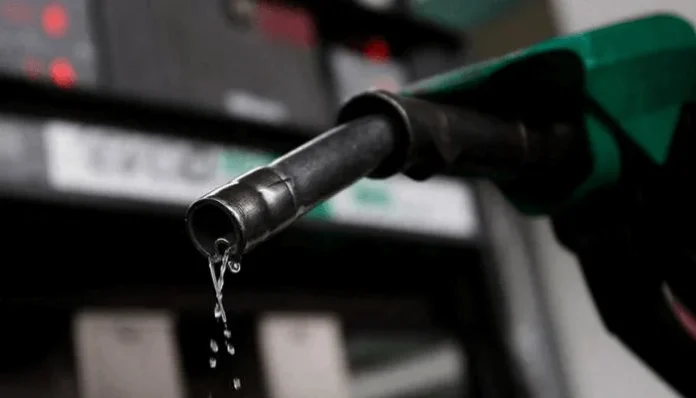In a move that’s sent shockwaves through the industry, independent petrol marketers have boldly slashed their pump prices to levels even below what’s being offered by the mighty Dangote Petroleum Refinery and the Nigerian National Petroleum Company Limited (NNPCL)!
Can you feel that intense competition heating up? This isn’t just a minor adjustment; it’s a fierce battle for market share, and it’s creating a dynamic, unpredictable environment in the fuel sector. And amidst all this, the Dangote Refinery is still urging the Federal Government to take a drastic step: ban fuel importation to protect local refining operations!
The Shocking Price Cuts: Marketers Lead the Charge!
Let’s talk numbers, because they’re telling a fascinating story. While we’ve seen Dangote and NNPCL make headlines with their own price reductions recently, it’s the independent marketers who are now truly shaking things up.
For instance, a station like SGR in Ogun State was offering petrol at an incredible ₦847 per litre on Tuesday! Compare that to stations associated with Dangote, such as MRS and Heyden, which are selling between ₦865 and ₦875 per litre. That’s a noticeable difference at the pump, and consumers are definitely taking note!
Even at the wholesale level, depot prices have seen a significant drop. Some marketers are now offering petrol at a lean ₦815 per litre, while Dangote’s refinery is maintaining its price at ₦820. This indicates a very aggressive push by marketers to secure lower prices and pass on savings to attract buyers.
And what about NNPCL, the state-owned giant? They had previously sold at ₦895 per litre, but have recently reduced their price to ₦890 across several of their retail outlets in Abuja as of Wednesday, July 23. While a welcome reduction, it still places them above the most competitive independent marketers.
The Battle Lines: Importers vs. Local Refiners
So, what’s driving this intense price competition? Importers, who bring refined fuel into the country, are revealing their strategy: these aggressive price cuts are aimed squarely at staying competitive. They’ve been facing significant losses ever since Dangote began its regular price reductions earlier this year, and they’re fighting to keep their business afloat. They argue that these ongoing adjustments are a direct result of market liberalization, where multiple players are now free to set prices, leading to a more competitive environment.
However, the plot thickens with Dangote’s strong counter-argument. The refinery is loudly blaming cheap imports for disrupting the local refining business, calling it “unfair competition.” They argue that these imports undermine their operations, especially since local refineries like theirs rely on full crude pricing for their inputs.
Adding another layer of concern, Dangote has also raised alarms over the alleged influx of low-quality fuel, particularly from Russia. They claim this substandard fuel further undermines local operations and poses risks to consumers.
Despite these accusations and calls for import bans, importers are clearly determined to stay in the game. They continue to adjust their prices to attract buyers and remain in business, which is widening the gap between pump prices offered by private depots, the Dangote Refinery, and NNPCL. It’s a fascinating, high-stakes game of supply, demand, and strategic pricing.
What’s Next? The Policy Tug-of-War Continues!
This back-and-forth between local refiners like Dangote and the fuel importers is far from over. Both sides are pushing hard for policies that favor their operations in Nigeria’s evolving fuel market. Dangote wants protection for local refining through import bans, while importers advocate for an open market structure.
The coming weeks and months will be crucial as the Federal Government navigates these competing interests. Will they lean towards protecting local industries, or will they prioritize market liberalization and consumer choice? One thing is for sure: the Nigerian fuel market is more dynamic and competitive than ever before, and we’ll be watching closely to see who ultimately wins this intense price war!


